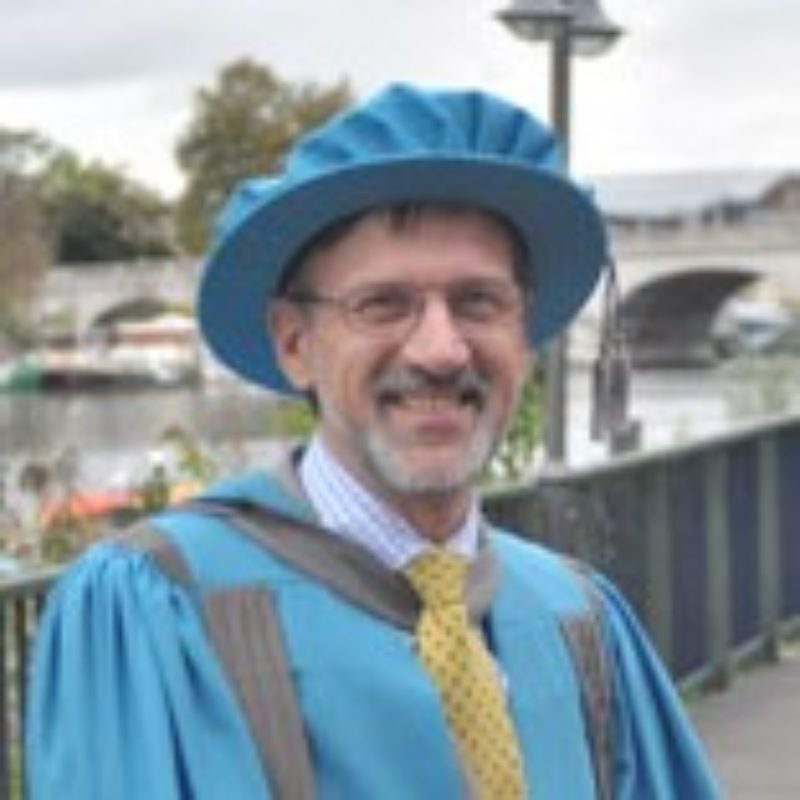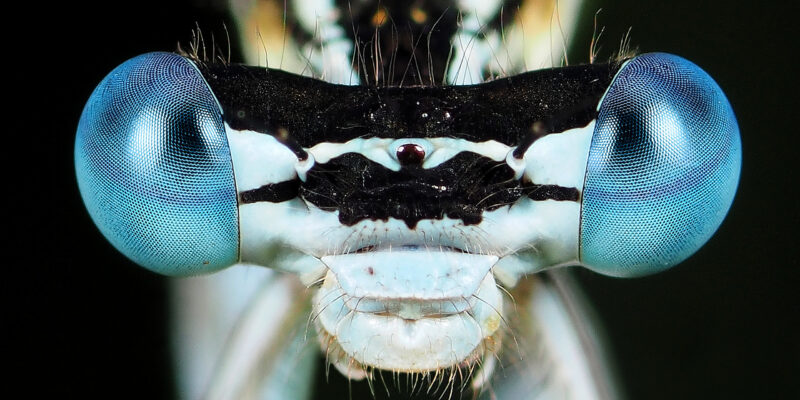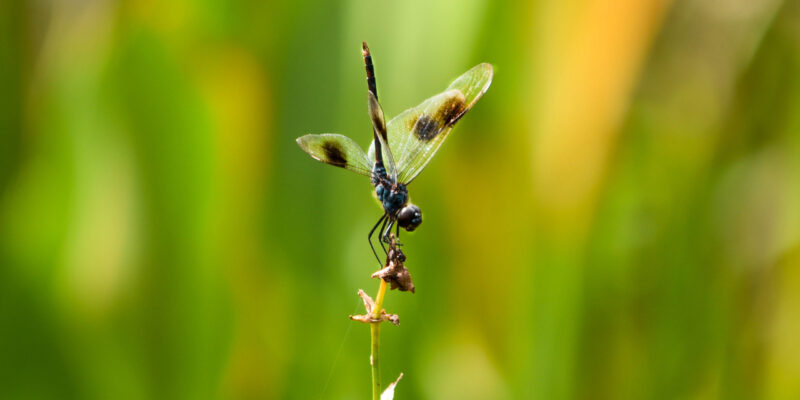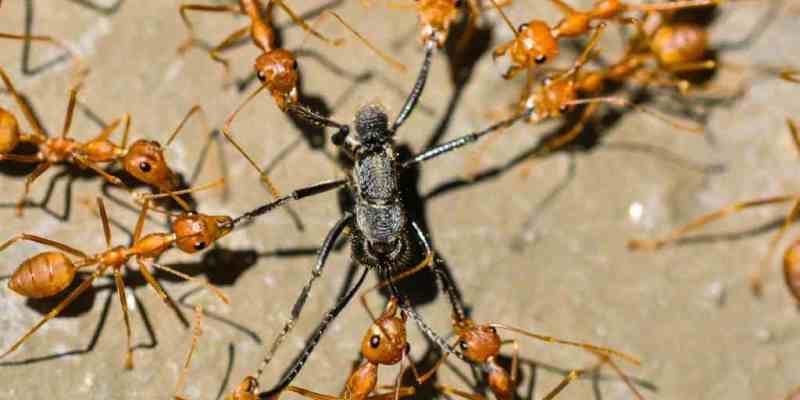
Year of Honorary Fellowship, 2020
Professor Lane has spent much of his 30-year career researching insect-borne tropical diseases, such as malaria and leishmaniasis, which is transmitted to people through sand fly bites and kills by wiping out victims’ immune systems. His research, some conducted at the London School of Hygiene and Tropical Medicine, involves studying the pattern or epidemiology of a disease to help identify and prevent it. At the Wellcome Trust charitable foundation he helped set up a number of public-private partnerships which developed drugs for treating tropical diseases which might otherwise have been neglected by the major pharmaceutical companies.
Although he has worked with Kingston University, helping to develop the new Centre for Art and Humanities Research at the Natural History Museum, Professor Lane said news of the honorary doctorate had come out of the blue. “It’s one of those delightful surprises one has in life,” he added.
Speaking at the graduation ceremony where he was awarded his doctorate, Professor Lane told students that their science degrees were a passport to a world of opportunities. Engaging with the public has been at the heart of much of Professor Lane’s work at the Natural History Museum. He first joined the Museum in 1980 as Head of the Medical Insects Section, leaving in 1985. This was followed by another five-year stint in the 1990s before he rejoined in 2003 in his current role where he is in charge of 350 staff and 150 research students. Early in his career, he was part of a team that designed and built an exhibition on human biology which was ground-breaking at the time because of the way it presented interactive concepts and ideas rather just exhibits in display cabinets.
Not surprisingly, given his lifelong fascination with arthropods, he also loves the museum’s vast insect collection. Growing up in Sussex and Australia – “if you’re interested in creepy crawlies it’s the place to be,” he quips – he collected insects and other creatures that his tolerant parents allowed him to keep in his bedroom. “Mammals aren’t so different to us but insects are fascinating because they’re so alien to how our bodies work.” His childhood passion inspired him to train as an entomologist – a scientist specialising in the study of insects – at Imperial College, London, where he is now a visiting professor.





